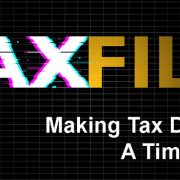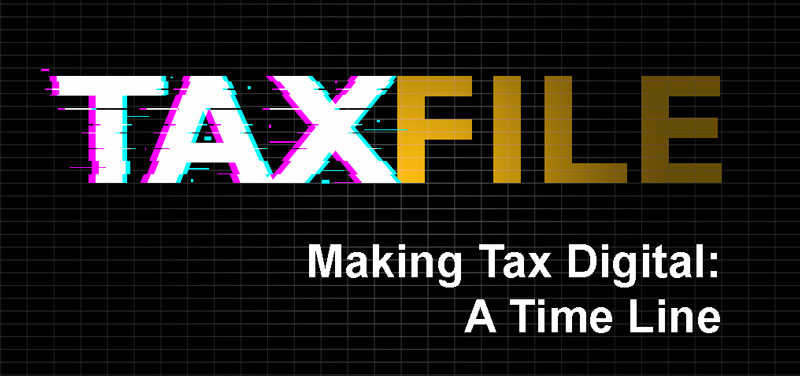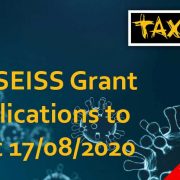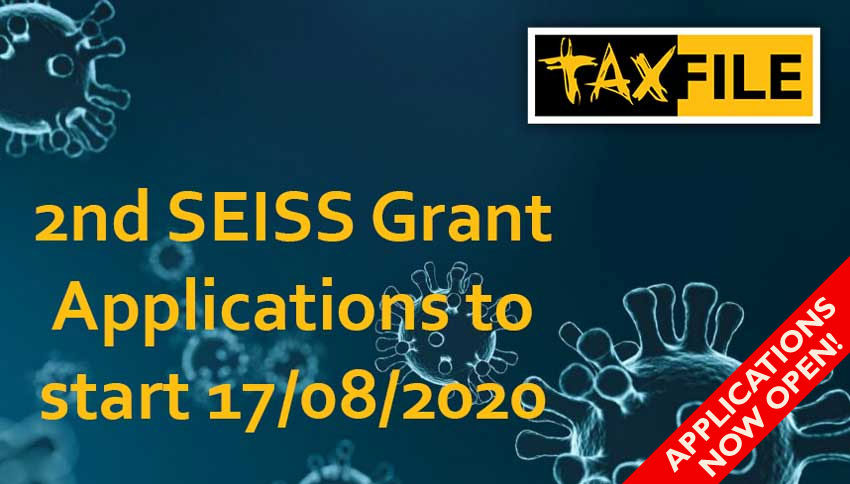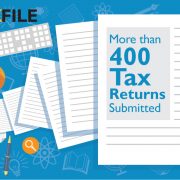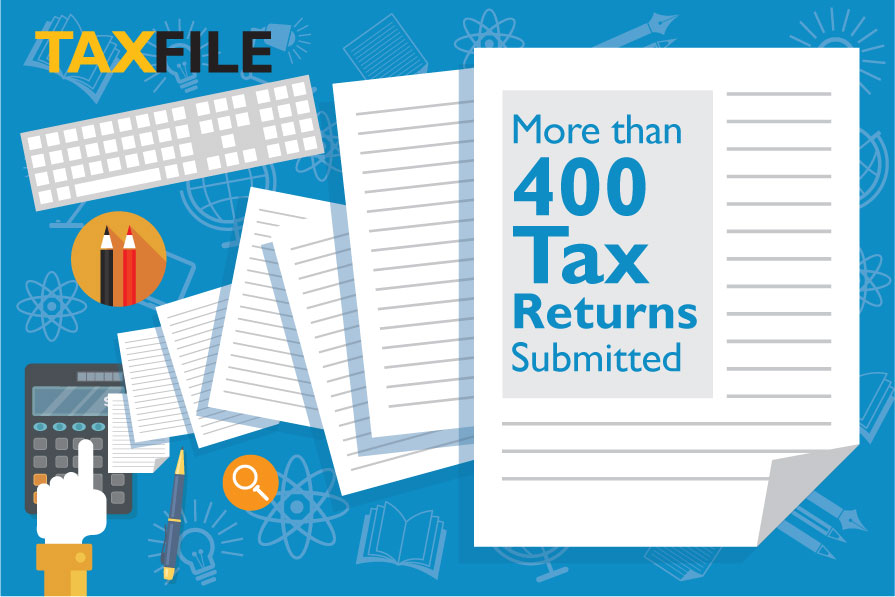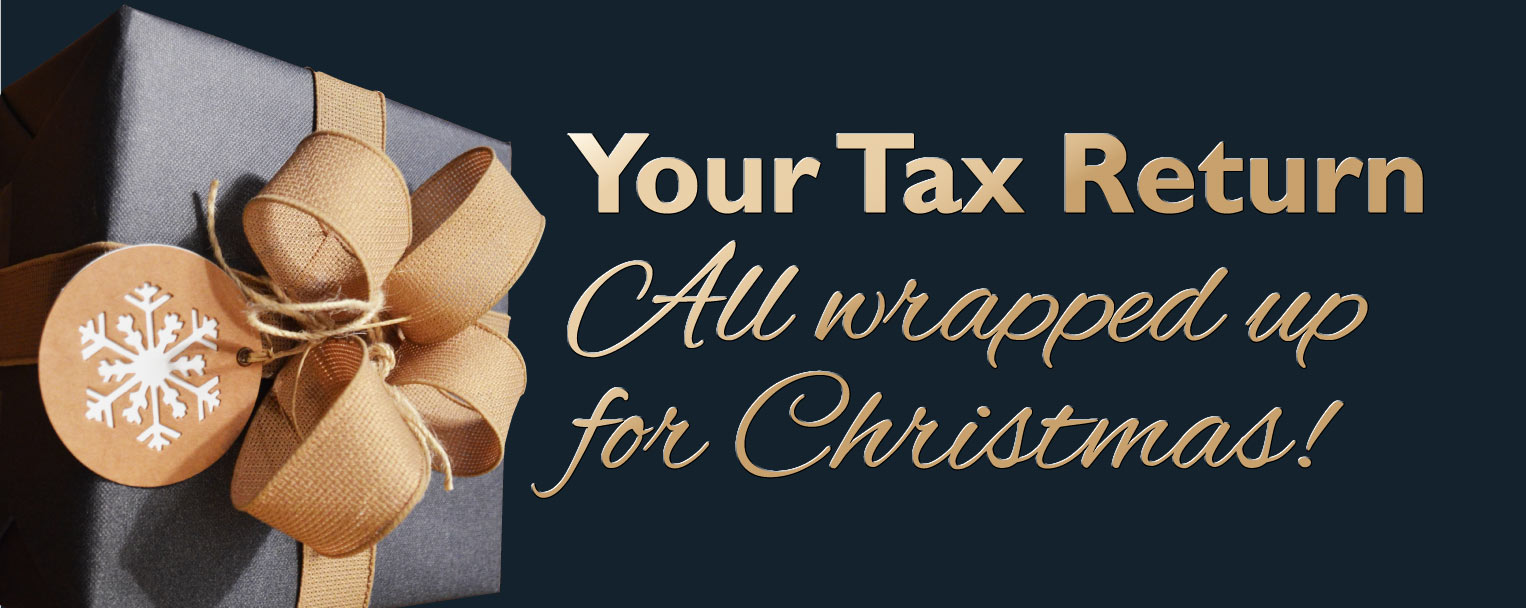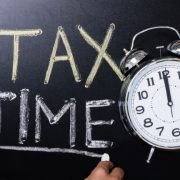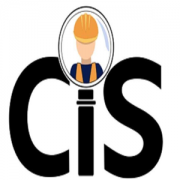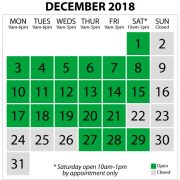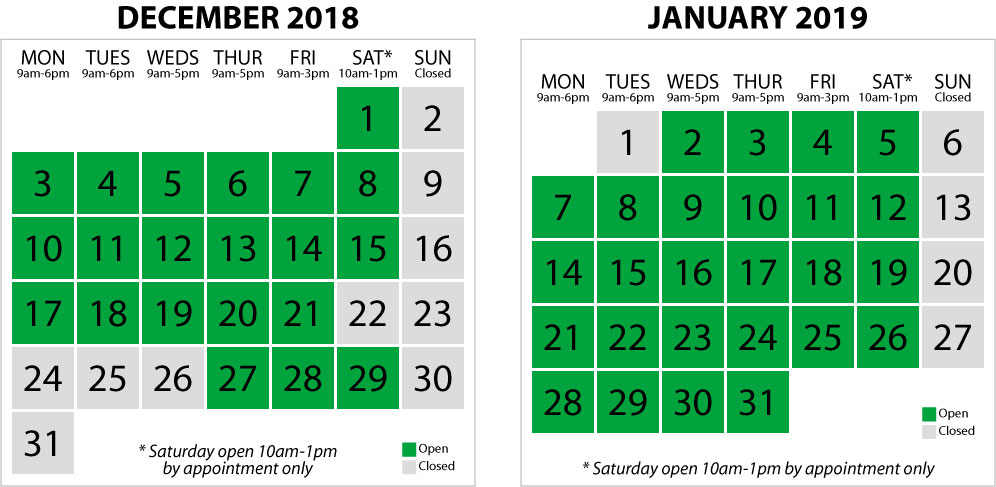Making Tax Digital for Income Tax Self Assessment (MTDfITSA). Are you ready?
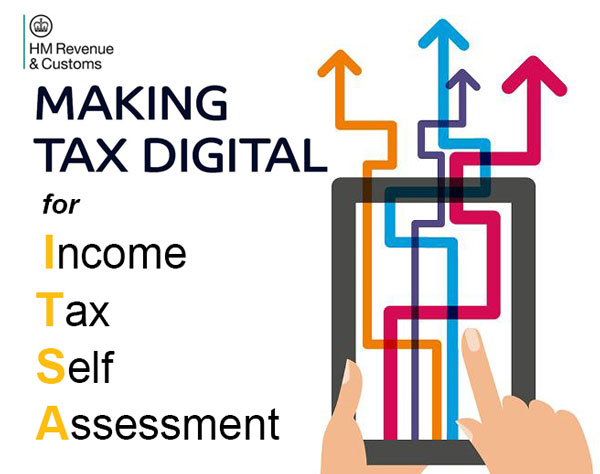
The Government has now pencilled in what they regard as a firm date to implement MTD for ITSA, for all landlords and business owners that have an income above £10,000.
The next accounting period starting on or after 06/04/2023 that meet the above mentioned criteria will need to be compiled & submitted via MTD-compatible software.
If you are self-employed or a landlord with a turnover greater than £10k, how will MTD affect you?
1. You will need to submit a quarterly summary of your businesses income & expenses to HMRC using MTD-compliant software. Yes, you read that correctly. No longer can you do your tax return in one go, with a lot of our customers leaving it to December or even January before they come to see us. As your tax agents, we would need your business transactions every 3 months, to compile, compute, and submit through to HMRC.
The timing of the quarterly updates is determined by the accounting period of the business but typically the 4 quarters will be:
- 6 April to 5 July
- 6 July to 5 October
- 6 October to 5 January
- 6 January to 5 April
2. All your income and expenses will need to be individually logged electronically. The technical term used is that every business transaction will have an ‘electronic signature’. These signatures will then be submitted to HMRC every 3 months and you will receive an estimated tax projection for the year based on the information provided.
3. At the end of the year, any non-business information, foreign income, other income, etc is added to finalise your tax affairs and submitted using the MTD-compatible software. This replaces the need for a Self Assessment tax return. You will then have Read more


